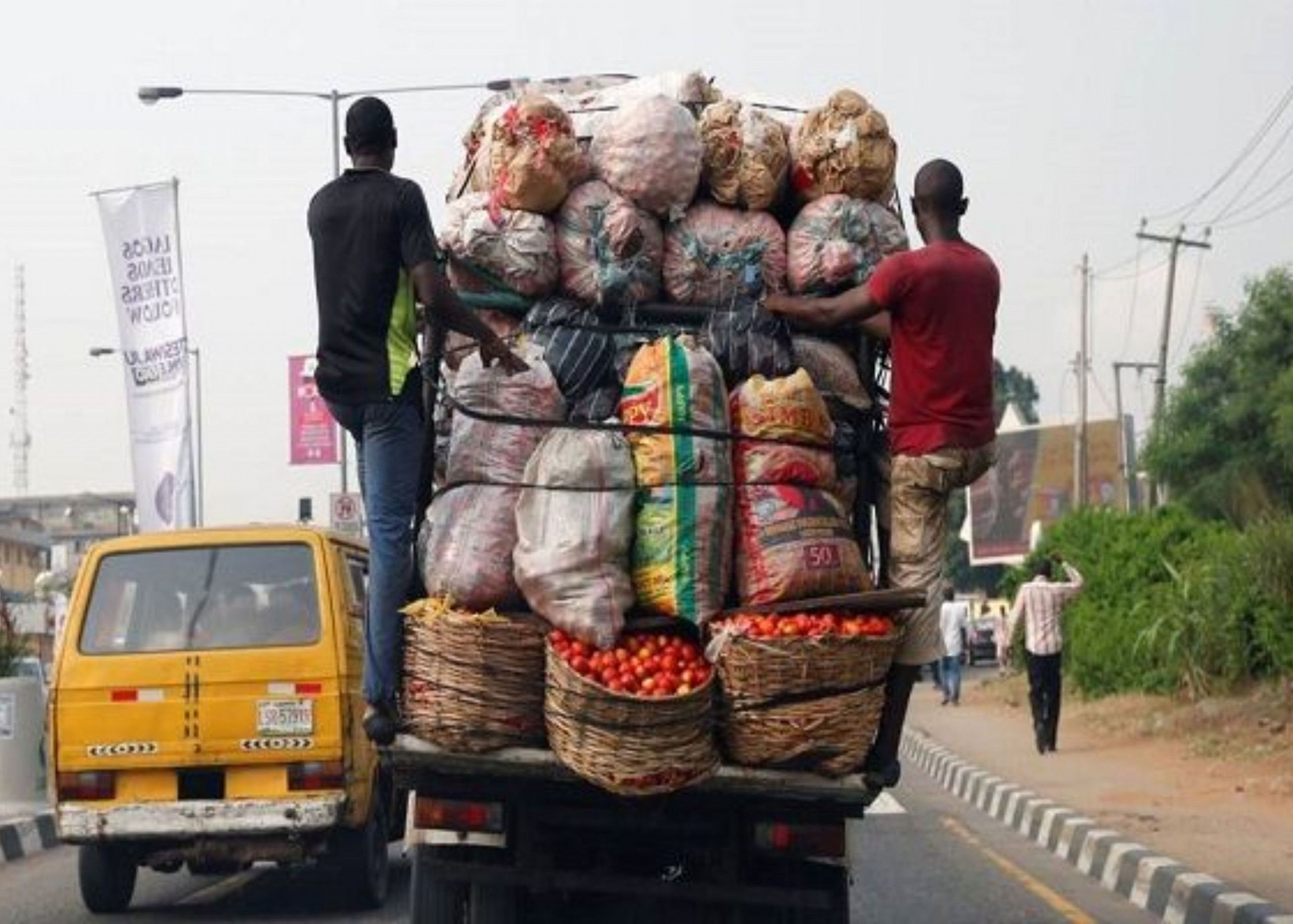News in brief:
– Rampant illegal taxes on agricultural produce transport in Nigeria significantly increase logistics costs and ultimately consumer prices.
– Truck drivers detailed hefty payments to various checkpoints, highlighting the government’s role in addressing this issue and improving transportation infrastructure.
A viral TikTok video revealed an alarming trend of illegal taxation on moving agricultural produce in Nigeria. These additional costs represent a significant portion of overall logistics costs, directly impacting final market prices.
Posted by @kalu_kelechi_kalu, a content creator focused on agribusiness and food, the video highlighted the challenges truck drivers face and explained why they charge high fees.
Transporting agricultural goods from Abakaliki (the capital of Ebonyi State) to Port Harcourt (in Rivers State) can cost an entrepreneur as much as ₦1.6 million, according to the transporters. Considering that the trip is about 285.9 km by road and takes approximately five to six hours, this cost seems excessive.
When asked about the high costs, the drivers in the video cited numerous taxes they must pay along the way, with the highest being to “produce people.” These taxes can range from ₦50,000 to ₦80,000 at some stops, particularly in Abakaliki, Benue, Benin, and Kogi.
@kalu_kelechi_kalu #nigeria #lagos #benin #jos #enugu #ibadan ♬ original sound – Kalu Kelechi Kalu
In addition to these payments, they must also pay approximately ₦2,000 to ₦3,000 at each police and army checkpoint, which are numerous.
One truck driver claimed to pay around ₦700,000 in various road taxes between Abakaliki and Port Harcourt. Combined with the cost of diesel, this explains the high logistics costs in Nigeria and the subsequent impact on consumer prices.
Many netizens agreed with the drivers’ claims and shared their own experiences with these taxes. Some explained that “produce people” are often touts empowered by state or local government officials, and the money they collect is not properly documented.
However, the drivers did not advocate for the complete removal of all checkpoints. They appreciated the presence of soldiers as a deterrent to highway robbers and kidnappers.
Some stakeholders suggested that the federal government should intervene to curb illegal taxes to reduce food costs. They noted that farmgate prices are significantly lower than market prices due to various costs, including transportation.
For long-term solutions, they urged the government to improve transportation infrastructure, such as railway lines connecting major food-producing areas to markets. By reducing additional costs by over 40%, the price of food could be significantly lowered.



